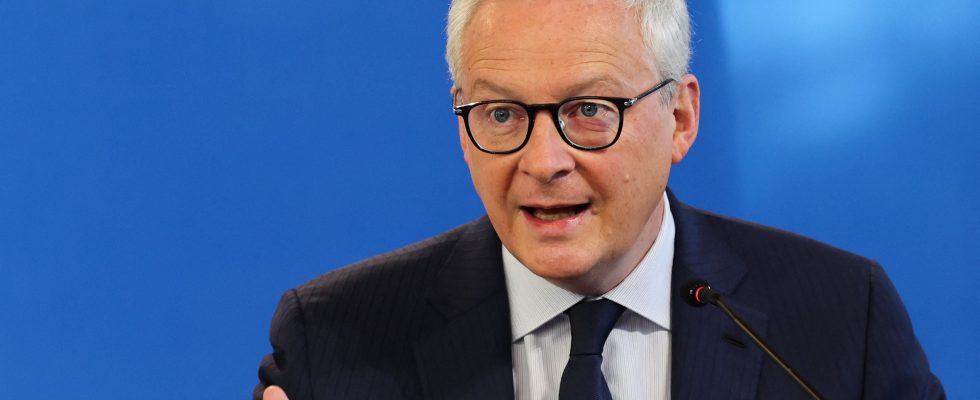Ten years already. And the same words. The same promises: simplify, liberate, decongest… Simplification is a chestnut of French policy. In 2013, François Hollande, at his lowest in the polls, announced with fanfare a great “simplification shock”. A commendable effort that quickly made us pschitt. In the fall of 2021, Jean Castex, Prime Minister, promised in the wake of his major post-Covid recovery plan a battery of measures to “decomplexify” the lives of SMEs, in particular. And now Bruno Le Maire is bringing back this old work on the profession: “Companies can no longer stand the paperwork,” he declared in a recent interview with Parisian.
But simplification is a complex task that requires much more than fancy words. Because, in this matter, the French are almost schizophrenic. Never have they asked for so many social and economic protection nets – just look at the success of the tariff shields – and never has fed up with the Cerfa document been so widely shared. And above all, we must tackle the making of the law: this meeting between ministers and parliamentarians – lobbies in ambush – which gives birth to a normative and regulatory monster. A picture ? In 2022 alone, between the time a bill was tabled and the time it was promulgated, the average number of articles included in the text increased on average from 432 to 1,142, if the we are to believe the latest report on the monitoring of normative activity carried out by the general secretariat of the government.
However, this hyperinflation is very costly. In 2010 – an eternity! –, the OECD already estimated the cost of this administrative burden at 60 billion euros per year. At a time when the government promises to monitor the proper use of every public fund, simplification appears to be the appropriate path.
Where to start? A colorful report from the General Inspectorate of Finance, published recently, gives a good clue: we learn that at the national level, no less than 340 aids for ecological transition reserved for companies coexist. “The uncoordinated multiplication of schemes does not guarantee the efficiency of public spending, makes the offer both inconsistent and difficult to read for beneficiaries, and in practice exempts these schemes from any impact assessment”, note the authors of the report. So, what if this time, we really tackled it?
